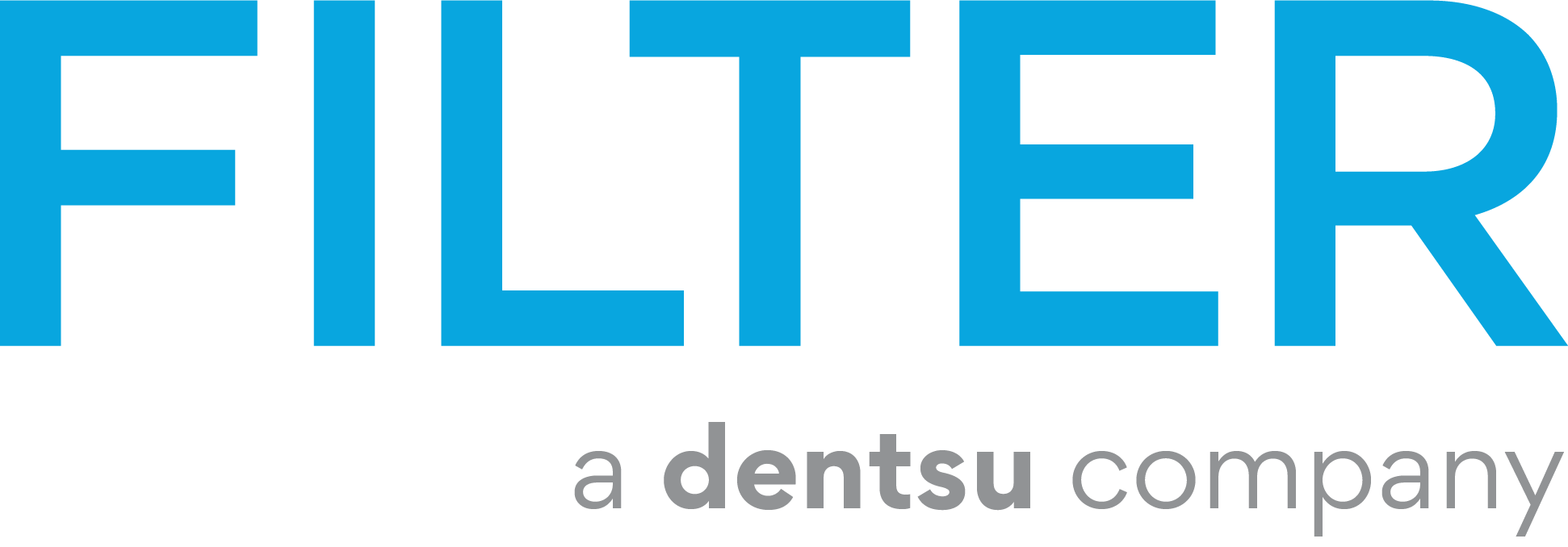Filter recently hosted a panel discussion with ten of our clients, leaders at organizations like Microsoft, Oracle, and Leatherman, to learn about the biggest challenges they’re facing in executing digital marketing and design. There’s one main message that came through loud and clear, and it’s something I’ve long believed will define the future of work: when it comes to building your team, emotional intelligence is every bit as important than technical ability — or even more so.
I’m not claiming that this is brand new information. Top companies already know that EQ — encompassing traits like effective communication, empathy, conflict resolution and self-awareness — is critical to the success of their teams and projects. They’ve seen the research, and know that what is often referred to as “soft skills” aren’t “soft” at all when it comes to their bottom lines. So why are some of the world’s leading organizations still wasting time and money, and compromising morale, by overlooking these critical strengths?
The answer can be boiled down to a pretty universal reality: when we’re under pressure, it’s human nature to default to what’s worked in the past. With more and work to get done, faster and faster, it can already feel challenging enough to find people with the right technical skillsets. You’re up against tight deadlines and fast-moving competitors; it’s easy to see why diving deeper into the more human side of your digital marketing execution efforts may seem like a risk you can’t afford to take.
It’s clearer every day, however, that you can’t afford not to. Old strategies can’t stand up to complex and unprecedented challenges; sweep the question of EQ under the rug, and you’ll face a mountain of issues downstream. Now is the time to pivot your team-building strategy — to think more about how your people operate, not just what they can produce. That’s why I want to dig into three specific factors that are positioning EQ at the center of the new world of work.
1. Technology has hurt our interpersonal skills.
My relationship with technology is a bit complicated. I’m extremely excited about how new tools can facilitate innovation and change lives and communities for good. However, we can’t deny that in many ways technology has pushed us apart. When it’s not leveraged with great care, and a strong focus on human needs, it takes control of our teams — rather than the other way around.
Over reliance on email, messaging, social and other technologies designed to make communication easier ends up compromising the trust and human connections that effective teams are built on. About 70% of communication is nonverbal, so it can already be difficult to misinterpret important social cues in person. Add the barriers imposed by screens, and it’s even harder to truly understand one another. Ideas don’t flow as freely, collaborative work can take longer, and social bonding suffers.
This was a major cause of concern among our panel participants. In fact, one executive told us he spends 90% of his day managing his team’s communication. He’s not alone: so many business leaders I talk with say they’re spending too much of their time, resources and effort helping their workforces stay in touch and operate as united teams.
It’s critical to rethink how we integrate technology into our teams, and to seek out individuals who approach it as a tool, not a crutch. Who are as comfortable talking face to face as they are via IM, and who don’t hesitate to pick up the phone or schedule a coffee when a subject would be better addressed in person. And who, when they are communicating online, are adept at interpreting and conveying the nonverbal cues that can make or break an interaction.
2. Hybrid teams need to hit the ground running.
With half your team in other time zones, key players working remotely, contract talent coming on board for short or long-term assignments, and integrations with outsourcing providers, your workforce looks and operates much differently than it used to. Leading brands are breaking out of the mold of full-time employment, utilizing a combination of flexible models on an as-needed basis. These blended teams can be ideal solutions to today’s digital marketing challenges, but they do present a new set of “people problems” to solve. They demand a fresh approach — and yes, it’s grounded in EQ.
In these increasingly common scenarios, teams have less time to gel, establish norms, and hit their stride. Without a people-focused strategy in place, these teams simply won’t achieve their potential — no matter how talented their individual members.
For these reasons, it’s more important than ever to identify professionals with exceptional social cognition and communication skills. You need people who understand how to integrate smoothly into a new group, collaborate with different kinds of people, resolve conflicts effectively, and take initiative in uniting the team. No matter how long or short their involvement with your company, they’re engaged, invested, and ready to make real connections.
3. You don’t just need doers; you need visionaries.
Evolution is essential in the new world of work, but it doesn’t happen in a meaningful way when it comes from the top down. At the end of the day, your ability to stay at the leading edge of your industry hinges on the personalities, passions and accountability of the people on your teams.
What sets those who can get the job done apart from those who will truly push your organization forward is an intrinsic drive to think outside the box and fearlessly take on new challenges. Build your teams with creative thinkers who are naturals at taking initiative, owning what they do, contributing ideas and igniting their teams with their curiosity and energy.
These are just a few reasons why EQ should be rising to the top of your team-building approach and overall business strategy. In future articles I’ll dig deeper into these trends, and discuss what steps you can take to mitigate these new challenges.





